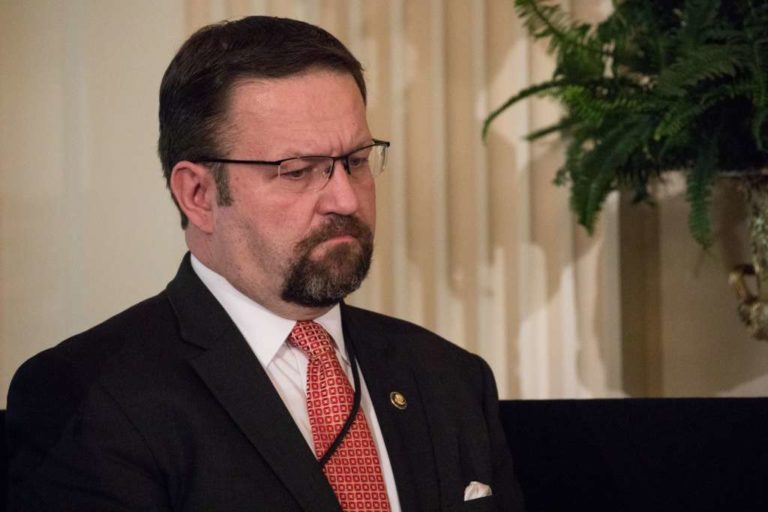Seeking to reverse a rising tide of red ink, the Postal Service has proposed cutting 120,000 jobs and pulling its employees out of the health and retirement programs that cover federal workers to set up its own benefit systems.
Congressional approval would be needed for either step, and both could be expected to face severe opposition from postal unions, which have contracts that ban layoffs.
The post office, which is facing a second year of losses totaling $8 billion or more, has cut 110,000 jobs over the last four years and is currently engaged in eliminating 7,500 administrative staff. It has also reduced costs by $12 billion.
But the loss of business to the Internet and the decline in mail advertising caused by the recession have rocked the agency.
The post office has asked Congress to change or drop the requirement that it make a $5.5 billion annual payment into a fund to cover future retirement disability benefits. No other government agency is required to make such a payment.
If Congress doesn’t act and current losses continue, the post office will be unable to make that payment at the end of September because it will have reached its borrowing limit and simply won’t have the cash to do so.
The post office also wants permission to reduce mail delivery from six days a week to five as part of a series of cost-cutting measures. And it would like a refund of overpayments it says it made to employee retirement accounts.
(Source: Fox News)











3 Responses
If they would stop giving special rates to bulk (junk) mail
they would take in more money and eliminate the need for additional employees due to the decrease in volume.
The article mentions a decrease in mail advertising. U*nfortunately, I have not seen it at my mailbox.
Will this mean less junk mail? How could we live without junk mail? This could be as serious as when they stopped home delivery of ice.
If they would charge the mass mailers, whose material comprises 90% of our mail, full first-class prices, the mail volume would diminish drastically, and they would no longer run a deficit. We would also save a few forests.